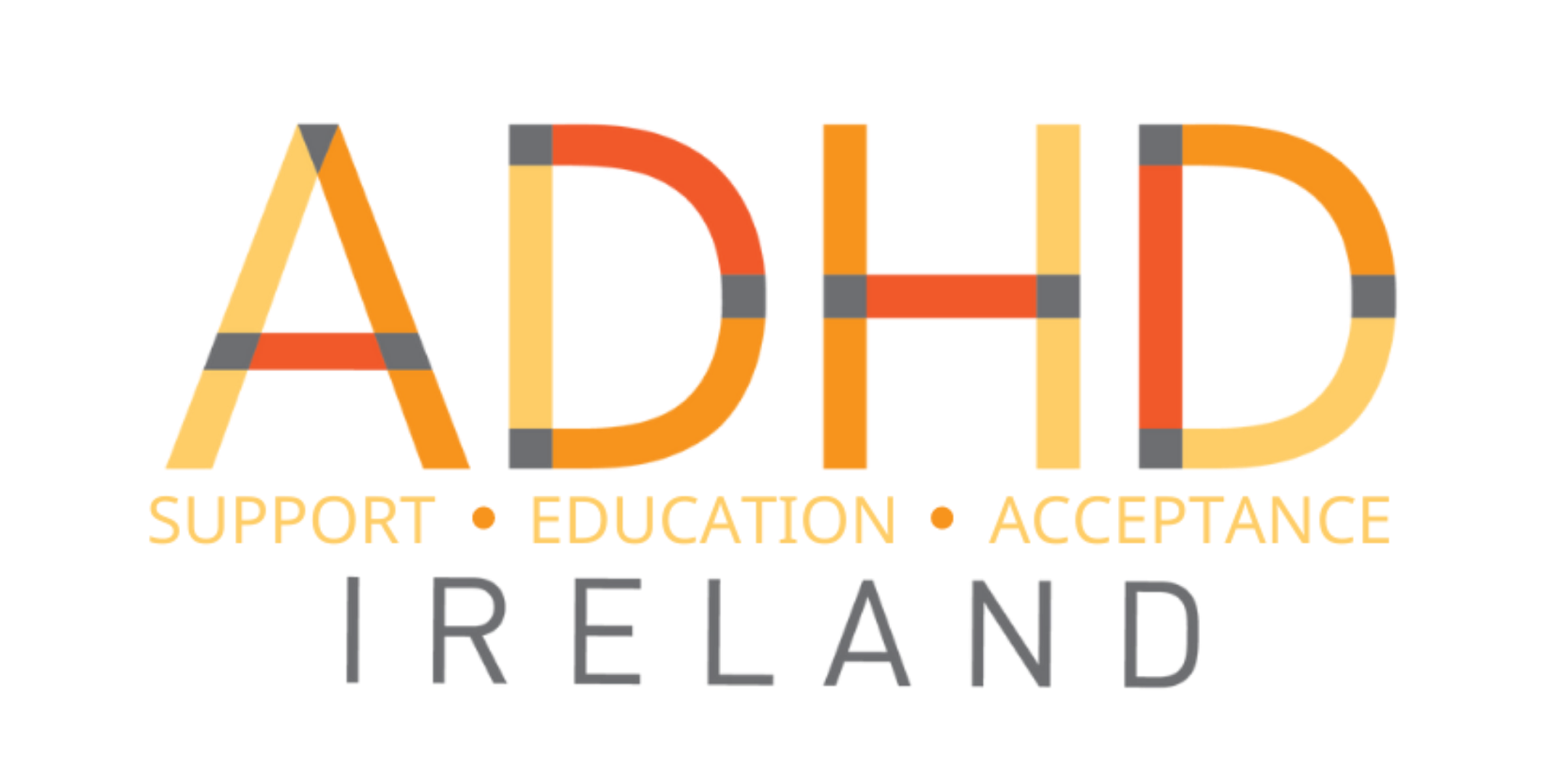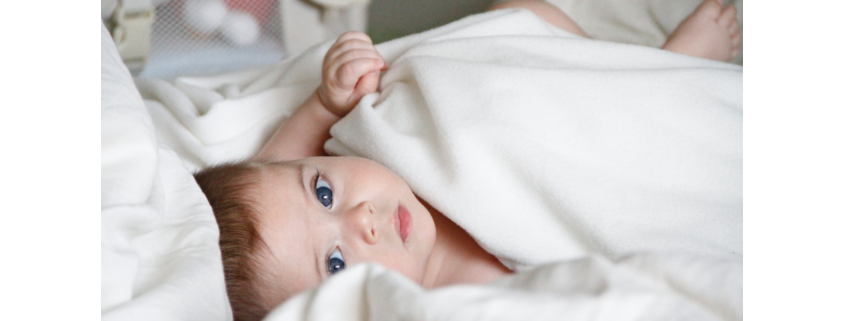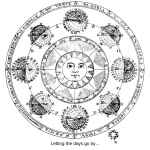Do you have an infant 20 months or younger who has a first degree relative with ADHD (sibling or parent)?
UCD Babylab would like to invite you and your child (under 20 months) to play games that look at attention development and your child’s sleep patterns with a researcher from the UCD School of Psychology. They are looking for young children who have a parent with a diagnosis of ADHD or an older brother/sister who has a diagnosis of ADHD. The visit takes less than 90 minutes and involves playing with toys, watching a cartoon using an eye-tracker, and listening to some sounds while they record brainwaves. They also give you an ankle bracelet for your baby to wear at nighttime that measures activity during sleep.
Why are they doing this research?
The main aim of the study is to investigate the influence of early sleep behaviour and family factors on attention development in young children at a higher likelihood of ADHD diagnosis due to having a parent or a sibling who already have a diagnosis of ADHD. Having a sibling or parent with ADHD doesn’t mean that a younger sibling will develop this disorder but it may mean that they are at a greater likelihood than a child with no diagnoses in their immediate family. It is hoped that the findings of this project will help to develop better ways in the future to support more susceptible children from an earlier developmental stage. This research is an early step towards learning more about how attention develops in young children so that studies in the future can use this information to design new approaches to reduce the impact of ADHD symptoms earlier in development. None of the tasks used are for making a diagnosis-instead they are collecting information from many families in order to investigate potential patterns that could direct further investigations. A second aim of the research is to investigate early development to gain a better understanding of how attention develops at this early stage.
Neuropsychological tasks can be a fun and enjoyable experience for children but there is always a chance that your child may get bored or restless. Participation can be stopped at any point, for example if a child becomes distressed or sleepy. All of the research equipment used in this project is safe and non-invasive. The potentially unfamiliar measures they are using, such as actigraphy, eye-tracking equipment, and event related potential measures, are widely used in developmental psychology research and the UCD research ethics committee has approved this research.
How do I take part?
If you have any questions or would like to take part, please GET IN TOUCH with Sarah Conroy at sarah.conroy1@ucd.ie or leave a voicemail for Dr Michelle Downes on 0171685410.
Find out more about our lab at www.ucdbabylab.com . Slots are available all week long every week- we run sessions from Monday-Saturday to suit your schedule! P.S. Siblings are also welcome; there are plenty of games to keep entertained!
Kindest regards, The UCD Babylab Team
Proudly supported by ADHD Ireland



